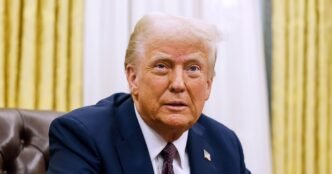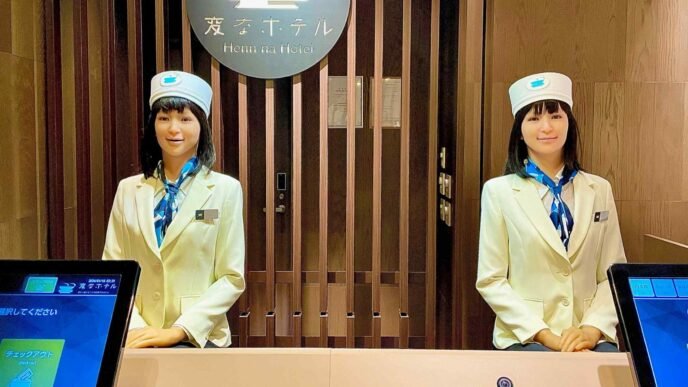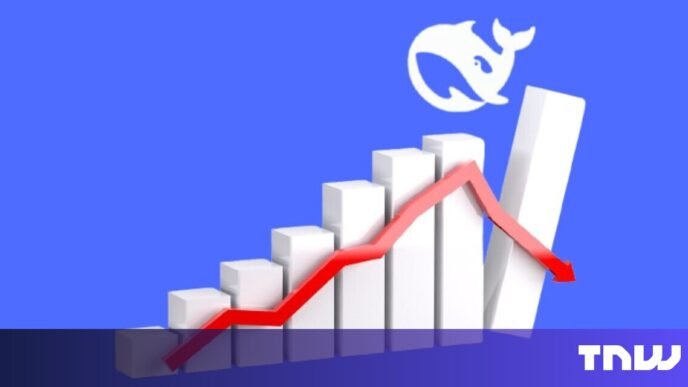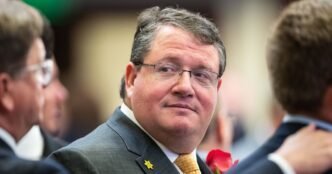Serbia’s prime minister resigns as anti-corruption protests grow
Serbia’s Prime Minister, Milos Vucevic, resigned on Tuesday in an effort to ease political tensions following massive anti-corruption protests sparked by the deadly collapse of a concrete canopy. The tragedy in November, which killed 15 people in Novi Sad, has become a symbol of public dissatisfaction with President Aleksandar Vucic’s increasingly authoritarian leadership.
Announcing his resignation at a press conference, Vucevic appealed for calm and a return to dialogue. Novi Sad’s mayor, Milan Djuric, also stepped down on the same day.
Vucevic’s resignation may lead to early parliament elections. Serbia’s parliament has 30 days to either confirm a new government or call a snap election. Pro-government media reported that President Vucic would attend a Cabinet session to decide between appointing a new prime minister-designate or holding elections. Opposition parties, however, demand a transitional government to ensure free and fair elections, accusing Vucic’s administration of irregularities in past votes.
Vucevic, who took office in April 2024 after the Serbian Progressive Party won elections marked by tension, has faced growing criticism alongside Vucic’s populist government since the Novi Sad tragedy. Journalist Slobodan rgiev described Vucevic’s resignation as an attempt by Vucic to deflect public outrage.
The anti-government protests, led by university students, represent one of the biggest challenges yet to Vucic’s rule. The student movement has gained widespread support from various sectors, including actors, farmers, lawyers, and judges. Protesters blame widespread government corruption for the Novi Sad incident and demand accountability.
Branimir Jovancicevic, a professor at the University of Belgrade, expressed hope that Vucevic’s resignation would lead to broader political change. He criticized Serbia’s concentration of power under Vucic, whose role as president is supposed to be largely ceremonial. Jovancicevic warned that simply replacing the prime minister would not address the underlying issues of autocracy and dictatorship in Serbia.
On Monday, tens of thousands of protesters joined students in a 24-hour blockade of a major traffic intersection in Belgrade. The protests have also led to two months of class disruptions at universities and schools, with students camping inside faculty buildings.
In response to the growing unrest, Vucic, Vucevic, and Parliament Speaker Ana Brnabic called for dialogue with the students on Monday evening. However, the students have rejected these offers, insisting that accountability should come from institutions like the police and judici, rather than the president himself.













